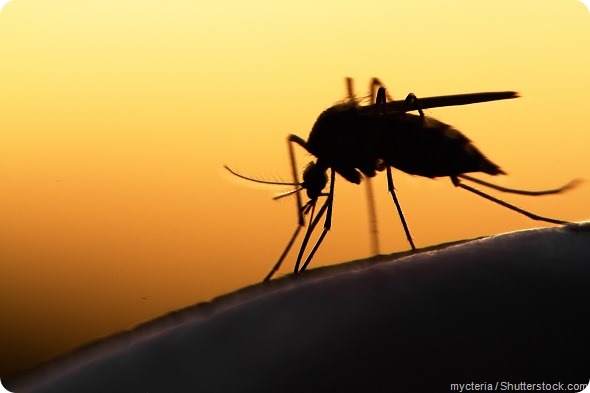By Sally Robertson, BSc
Researchers from Michigan State University have uncovered the cause of death in children who die from cerebral malaria.
By performing MRI scans on hundreds of children who contracted the disease, the scientists found that massive brain swelling and compression of the brain stem is what causes these children to stop breathing and die.
Cerebral malaria is the most deadly form of malaria and leads to coma and death in up to a quarter of African children who contract it. Children who do survive the infection are often left blind, deaf and with learning disabilities. While researchers have been successful in developing effective drugs to kill the malaria parasite, they have been less successful at finding ways to treat the problems caused by having had the disease.

As reported in the New England Journal of Medicine, MSU researchers Dr Terrie Taylor and team performed MRI scans of 168 children with cerebral malaria to compare brain images between children who died from the condition and those who did not.
The team found that 25 of the children died and, of those, 21 (84%) had massively swollen brains. Among the children who survived, however, only 27% had severe brain swelling.
“What’s killing these kids is that they stop breathing, because the respiratory center in the brain stem is compressed by the swelling,” explains Taylor. The brain swells to the extent that it is pushed through the base of the skull, where it then places pressure on the brain stem. This pressure inhibits respiration, causing the children to die.
While these findings may not change medical practice immediately, the researchers hope they may lead to improved treatments.
“Because we know now that the brain swelling is what causes death, we can work to find new treatments,” Taylor said.
The next step is to identify what’s causing the swelling and then develop treatments targeting those causes.
Taylor suggests that ventilators may save some children, by enabling them to keep breathing through the worst of the swelling, which can be over within just a few days. Certain forms of medication such as steroids may also help reduce the swelling, although research is needed to confirm whether this is the case.
“It’s gut-wrenching when children die, but what keeps us going is that we are making progress against this Voldemort of parasites,” Taylor said. “It’s been an elusive quarry, but I think we have it cornered.”
The MRI scans were performed in 2008 at the Queen Elizabeth Hospital in Blantyre, Malawi, where Taylor spends six months of the year studying children with Malaria. The research was funded by the National Institute of Allergy and Infectious Diseases of the National Institutes of Health.